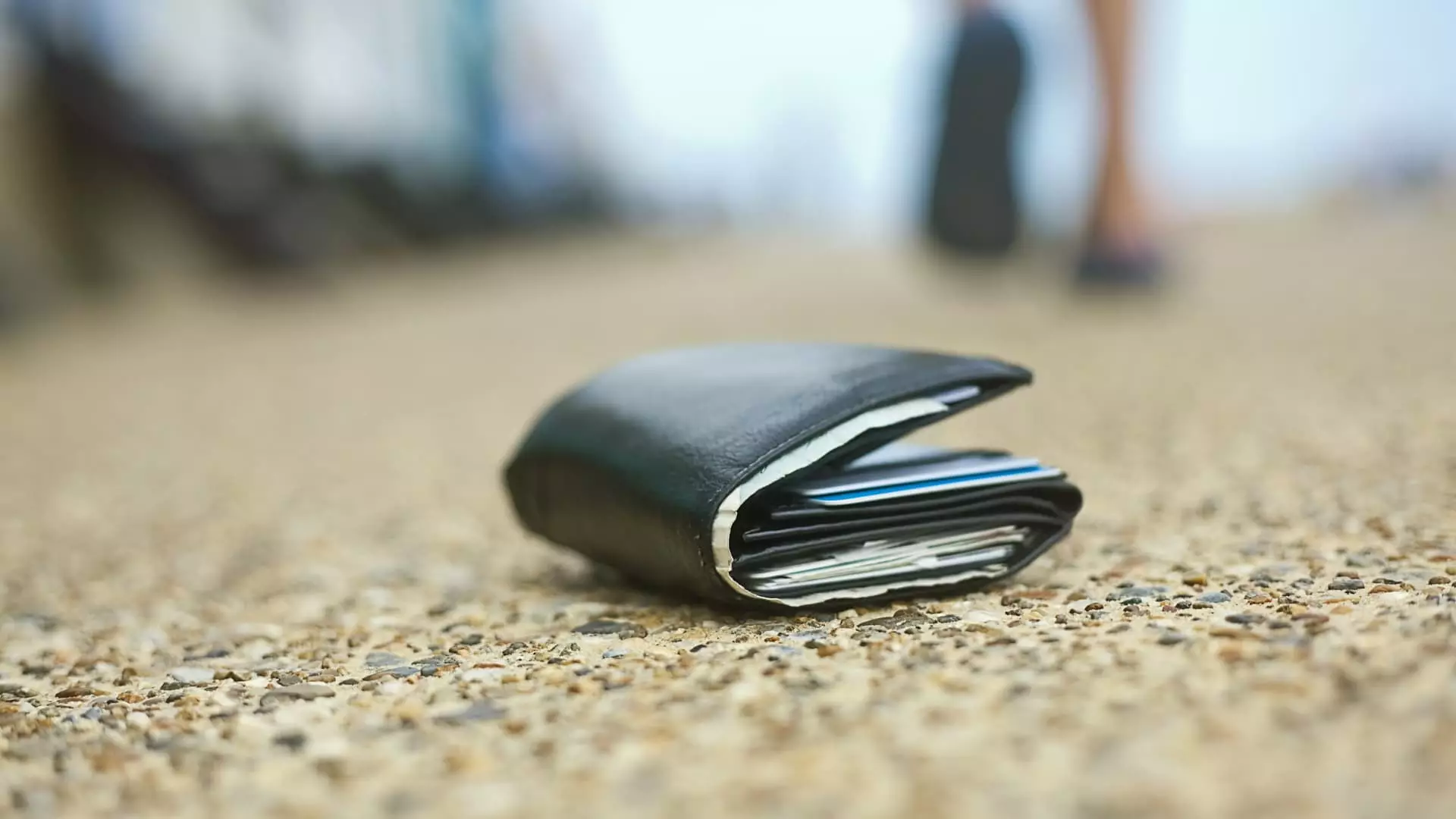Losing my wallet was a wake-up call that made me realize how vulnerable I was to identity theft and financial loss. As a CNBC intern working on personal finance stories, I thought I was well-informed about protecting my money and identity. However, the experience of losing my wallet taught me a few valuable lessons that I will never forget.
Freezing Your Credit
One important step that I did not take immediately after losing my wallet was freezing my credit. Freezing your credit can prevent someone from opening a line of credit in your name, reducing the risk of identity theft. The ease of freezing credit with just a click of a mouse makes it a smart move for anyone who has lost their wallet or suspects foul play. It is highly recommended by financial planners, including Ivory Johnson, a certified financial planner and founder of Delancey Wealth Management.
Replacing the cards in my wallet turned out to be a tedious process. Calling each issuer to report the cards as lost was just the beginning. The challenge of getting replacements for everything on my list was time-consuming and frustrating. Changing my mailing address with the DMV to receive a replacement driver’s license across state lines added to the hassle. The delays in receiving the replacement ID only added to the inconvenience of the situation.
Having virtual credit cards stored on my phone’s wallet came in handy during the ordeal. Being able to use a virtual card to pay for essentials like subway fare and dinner provided some relief amid the chaos. The convenience of virtual cards and online banking made it easier to manage my finances during the crisis. However, reliance on physical cards is still necessary in many situations.
Key Points for Protecting Your Identity and Money
Financial experts emphasize the importance of taking proactive measures to protect your identity and money. Some key points to consider include keeping cash and a credit card or two at home as backup, relying on credit cards over debit cards for most transactions, giving copies of important documents to a trusted individual for safekeeping, updating account information for autopay setups, and enhancing security measures like changing passwords and adding multi-factor authentication for financial accounts.
Losing my wallet was a stressful experience that taught me valuable lessons about safeguarding my identity and finances. Taking immediate action, such as freezing credit and replacing lost cards, is crucial in minimizing the risks associated with theft and fraud. Being prepared with alternative payment methods and following best practices recommended by financial experts can help mitigate the impact of such incidents. It is essential to stay vigilant and proactive in protecting your identity and money in an increasingly digital world.


Leave a Reply